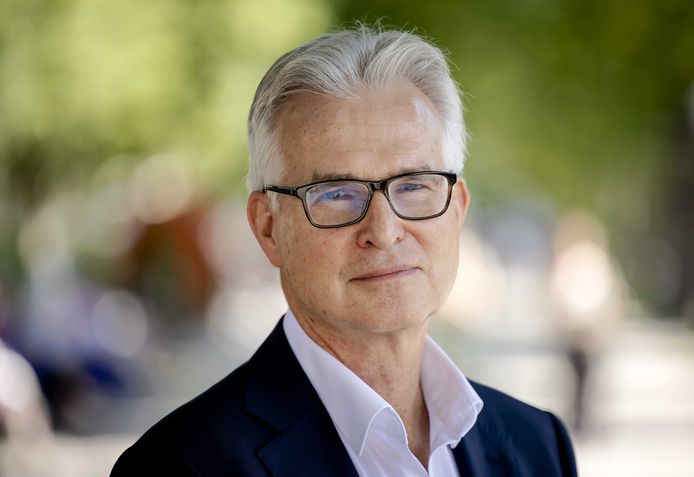People on welfare do not receive enough money to make ends meet. Couples with children in particular are short of up to 500 euros per month, the government has investigated. The government must allocate 6 billion euros on Budget Day to prevent poverty from spreading further.
The outcome is not easy. A single person on income support will be nearly 100 euros short each month next year, according to the committee calculated in collaboration with Statistics Netherlands and Nibud. For welfare savings with several children, the situation is even more dire: they have 200 to 500 euros too little every month to make a decent living.
Without government intervention, the deficits will only increase, the committee states. That is why the government will have to decide this summer on an extra package for the minimums, which can be presented on Budget Day.
The committee itself makes two suggestions, both of which cost EUR 6 billion a year. In the first package, the minimum wage will be further increased by 7 percent and the social assistance benefit will be increased by 94 and 135 euros per month for singles and couples respectively. On top of that, there will be even higher amounts for child benefit and the child-related budget. The other package runs through a higher rent allowance (149 euros per month) and a substantial increase in the child-related budget (more than 100 euros per child per month).
Stupid decision
It is striking that the committee recommends that the incomes of minimums should not only be supplemented to the social minimum, but should also be given a fixed extra on top of that. With an additional ‘flex budget’ of 3 to 9 percent, these people keep more ‘leeway’ to avoid constantly living on the edge of the financial abyss, is the idea.
“It can happen that you are unlucky, that you unexpectedly have to go to the dentist more often, are stuck in an expensive or drafty house or have just made a stupid decision,” says chairman Godfried Engbersen, member of the WRR and professor of sociology in Rotterdam. “With such a flex budget, you can absorb such blows, without immediately getting into debt and misery.”
Society as a whole also benefits if the bottom is given a little more financial space, says Engbersen. “The government then has to make less frequent incidental assistance, such as through special assistance, or with an extra energy surcharge for the minimums. And people are also less likely to need care or debt assistance.”
Initiative Pieter Omtzigt
The committee believes that in recent decades, cabinets have mainly made policy to get people on welfare to work. “The emphasis on labour participation has partly come at the expense of income protection,” engbersen observes.
Engbersen sees that an ‘imbalance’ has arisen in the welfare state. That is why it is now necessary to create a new floor in social security. Engbersen: “So that people can participate and not become second-class citizens. To build a network and invest in relationships, it is important that you can buy a gift or treat someone to a beer. The government cannot give people a partner or friends, but it can ensure that they are doing better financially.”
The cabinet commissioned this investigation, following a motion passed by MP Pieter Omtzigt. The reason was a growing number of signals about people who cannot make ends meet, are in debt or are queuing for the food bank. This raised the question of finding out to what extent different household types can make ends meet and participate in society.
AOW pensioner has it better
This shows that couples with children on welfare are particularly hard hit. Households with only AOW are an exception: they not only receive a higher benefit than welfare recipients, but also benefit from local schemes in certain municipalities, such as free public transport for the elderly.
The committee also questions the way in which benefit amounts are currently linked to the minimum wage. For example, a single person on social assistance receives 70 percent of the minimum wage, couples together receive 100 percent. According to the committee, such a fixed ratio is not self-evident, because a certain income level does not guarantee that it is enough to make ends meet.
After the summer, the committee will come up with a second report. It contains recommendations on how to make the social security system more accessible and predictable for people at the bottom. In a first reaction, the government, through Minister Schouten (including Poverty Alleviation), states that ‘the social minimum must not only be correct on paper, but also in people’s daily practice’. The government will study the report and will respond later this year.
 Kanawu Radio number 1 news portal
Kanawu Radio number 1 news portal

